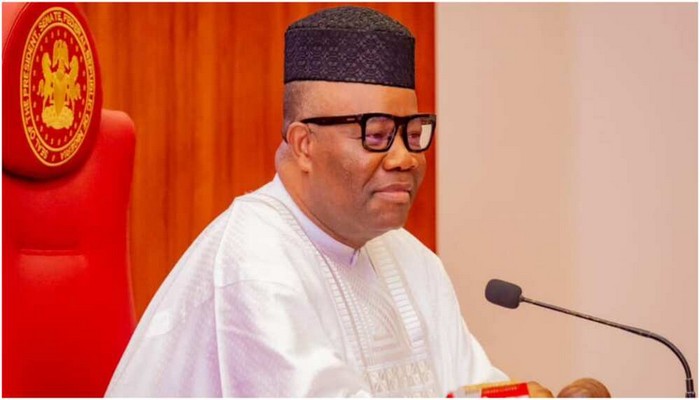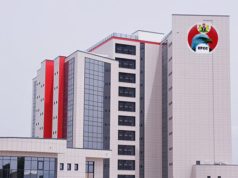The $3 million Extractive Industry and Climate Change Governance Fund aims to help steer the natural resources sector in West Africa toward sustainable and inclusive development
Today, the Ford Foundation announced its commitment of $3 million to launch the Extractive Industry and Climate Change Governance Fund, a five-year initiative to promote and support a more equitable governance of natural resources that leads to sustainable and inclusive development in West Africa.
Focusing primarily on Nigeria and Ghana, the fund will be hosted by Africa Centre for Energy Policy (ACEP) to support a network of resource governance organizations and civic actors, anti-corruption organizations, budget advocates, and grassroot and community organizations addressing inequality as it relates to the natural resources sector in the region.
Climate change reflects a fundamental failure of global development that is rooted in the extraction of natural resources. In West Africa, the extraction of metals, minerals, and fossil fuels has exacerbated inequalities and caused severe environmental damage that drive climate change. Whether natural resources aggravate or reduce inequality depends on who controls those resources, how the benefits that derive from them are distributed across different communities, and whether those resources are used in ways that foster ecosystem restoration or degradation.
“With renewed efforts toward energy transition, there is an opportunity to transform the natural resources sector toward embracing equitable governance and sustainable practices,” said Anthony Bebbington, director of Ford’s Natural Resources and Climate Change program. “An energy transition that is both low carbon and socially just will be an asset that helps economies to thrive in West Africa at the same time as it mitigates the impacts of climate change. Key to this is centering the needs of local communities affected by resource extraction and a re-envisioning of development models and energy systems that benefits communities and sustains the planet.”
With dwindling funding support and in the face of the pandemic, civil society organizations in West Africa are facing significant challenges that impact their sustainability and capacity to effectively promote policy actions that target inequality and injustice.
“To thrive, we need a strong civil society that can help shape a more sustainable future for West Africa,” said Emmanuel Kuyole, program officer for Ford’s Natural Resource and Climate Change program. “As COVID-19 exacerbates deep-seated inequalities, funders must double down their support for civil society organizations to influence decisions that affect the communities they represent.”
The Ford Foundation’s $3 million investment comes from the foundation’s unprecedented $1 billion social bond launched in 2020 to help strengthen and stabilize civil society organizations globally during the pandemic. The Extractive Industry and Climate Change Governance Fund is in addition to Ford’s ongoing support for organizations working to advance equitable governance of natural resources in the region.
“As we viscerally face the impacts of multiple crises—climate change, deep economic inequality, and the pandemic—now is the time to invest in a recovery that puts people at the center of solutions,” said Benjamin Boakye, executive director of Africa Centre for Energy Policy. “To do this, we need a thriving civil society with capacity, credibility and courage to steer West Africa toward a sustainable and equitable future. We call on more funders to join us in this effort.”
The Extractive Industry and Climate Change Governance Fund will focus on funding civil society organizations that work to address significant policy implementation gaps and advocate for reforms in the following critical resource governance areas:
· Revenue and benefit sharing policies – Revenues from resource extraction must be equitably distributed to meet the development priorities of citizens, particularly of impoverished communities, persons with disabilities, and communities affected by resource extraction.
· Prevalence of resource-backed debts – Governments, civil society, and the natural resources sector must advance an African solution to development finance that moves away from a model that keeps countries in debt and stunts socioeconomic progress.
· Active citizenship in resource governance – Citizens must be able to demand transparent, efficient, and effective revenue allocation, expenditure, and accounting of revenues from natural resources extraction to help promote equitable socioeconomic development.
· Resource extraction with high social and environmental standards – The extraction of natural resources must account for and mitigate the environmental and social impacts on the host communities and their inhabitants. Resource extraction should not leave these communities worse off than they were prior to the extractive activities.
· Strengthening civic spaces – Civic actors and advocates should be able to meaningfully engage governments in the demand for transparency and accountability in the natural resources sector.
-African Media Agency






































